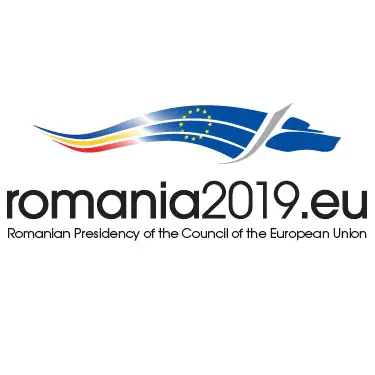Romanian Presidency of the Council: Which priorities for a Social Europe?




How will the Romanian presidency try to advance the social dossiers in the next months? In the current economic and social climate it is important to highlight how the Single Market, digitalisation, and taxation can positively impact on workers’ rights. Entrepreneurship and job creation are fundamental for Europe’s economy, but decent employment and fundamental social rights must be emphasised.
Under Pillar Four of its priorities, the Romanian Presidency aims at “promoting and supporting the legislative initiatives focusing on social progress and reducing development gaps, equal opportunities between men and women, and ensure access to education and training for the disadvantaged.”
According the Presidency’s work programme, priority files to be handled will include a currently negotiated revised EU regulation for a better coordination of social security systems, a proposal of the European Commission on a new European Labour Authority to help fight abusive employment in Europe. First negotiations with the European Parliament – so-called trilogues – have started January 15 and it is up for the Romanian Presidency to work towards an agreement on these key issues between the Council and the European Parliament.
CESI Secretary General Klaus Heeger underlined that the Romanian Council Presidency should take this opportunity to also bring forward Europe’s social agenda: “The Romanian Presidency should not only focus on the creation of employment, but also push for a ‘decent work’ agenda. This includes, among others, the fight against precarious work, good working conditions, better work-like balance and genuine access to social rights for all.”
The full priorities and the entire work programme are available on the Romanian Council Presidency’s website here and here. Also follow on Twitter the work of the #RO2019EU Presidency for a more #SocialEurope.
Logo: Romanian Presidency logo © Romanian Presidency 2019

Image Gallery
Romanian Presidency of the Council: Which priorities for a Social Europe?
Related videos
Similar Posts
Get in touch
with us
Confédération Européenne des Syndicats Indépendants (CESI)
Contact form
Stay up to date
Don’t miss a thing and subscribe to our newsletter
Subscribe now and receive newsletters and much more!


.jpg)
.jpg)
.jpg)